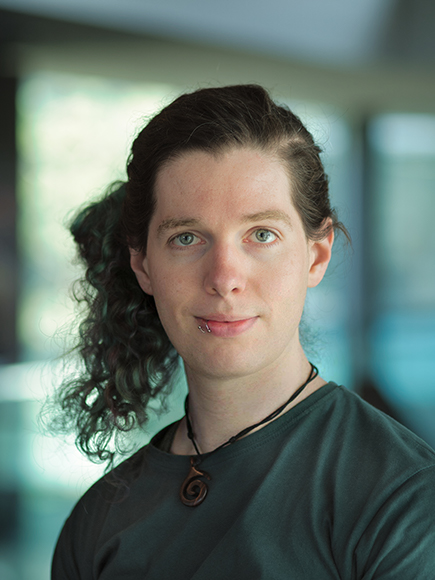Schillings, C., Meißner, E., Erb, B., Schultchen, D., Bendig, E. and Pollatos, O. 2023. A chatbot-based intervention with ELME to improve stress and health-related parameters in a stressed sample: Study protocol of a randomised controlled trial.
Frontiers in Digital Health. 5, (Mar. 2023), 14.
Background: Stress levels in the general population had already been increasing in recent years, and have subsequently been exacerbated by the global pandemic. One approach for innovative online-based interventions are “chatbots” – computer programs that can simulate a text-based interaction with human users via a conversational interface. Research on the efficacy of chatbot-based interventions in the context of mental health is sparse. The present study is designed to investigate the effects of a three-week chatbot-based intervention with the chatbot ELME, aiming to reduce stress and to improve various health-related parameters in a stressed sample. Methods: In this multicenter, two-armed randomised controlled trial with a parallel design, a three-week chatbot-based intervention group including two daily interactive intervention sessions via smartphone (á 10-20 min.) is compared to a treatment-as-usual control group. A total of 130 adult participants with a medium to high stress levels will be recruited in Germany. Assessments will take place pre-intervention, post-intervention (after three weeks), and follow-up (after six weeks). The primary outcome is perceived stress. Secondary outcomes include self-reported interoceptive accuracy, mindfulness, anxiety, depression, personality, emotion regulation, psychological well-being, stress mindset, intervention credibility and expectancies, affinity for technology, and attitudes towards artificial intelligence. During the intervention, participants undergo ecological momentary assessments. Furthermore, satisfaction with the intervention, the usability of the chatbot, potential negative effects of the intervention, adherence, potential dropout reasons, and open feedback questions regarding the chatbot are assessed post-intervention. Discussion: To the best of our knowledge, this is the first chatbot-based intervention addressing interoception, as well as in the context with the target variables stress and mindfulness. The design of the present study and the usability of the chatbot were successfully tested in a previous feasibility study. To counteract a low adherence of the chatbot-based intervention, a high guidance by the chatbot, short sessions, individual and flexible time points of the intervention units and the ecological momentary assessments, reminder messages, and the opportunity to postpone single units were implemented.

